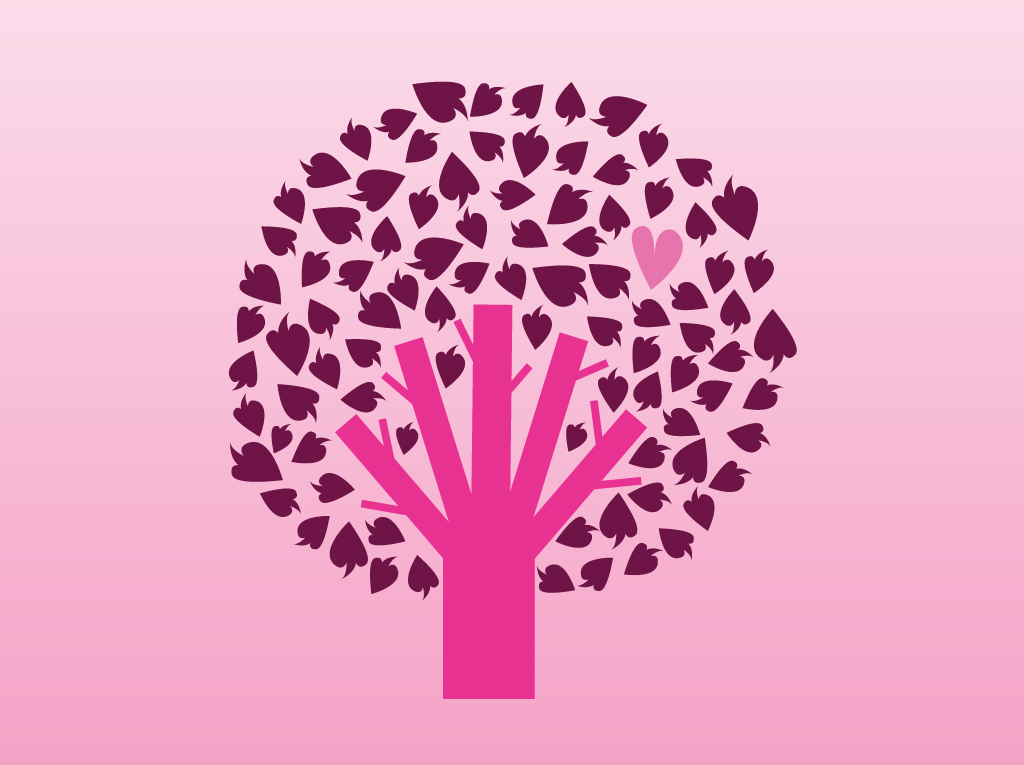In the world of documentaries, few stories are as compelling and inspiring as “Searching for Sugar Man.” This Oscar-winning film, directed by Malik Bendjelloul, chronicles the fascinating journey of Sixto Rodriguez, a Detroit-based musician who, despite being largely unknown in his home country, became a cultural icon in South Africa. The documentary is more than just a tale of music—it’s a profound exploration of hope, resilience, and the transformative power of art.
The Enigmatic Story of Sixto Rodriguez
In the late 1960s and early 1970s, Sixto Rodriguez recorded two albums, “Cold Fact” and “Coming from Reality.” Despite their artistic brilliance, these records went unnoticed in the United States, and Rodriguez faded into obscurity. However, his music somehow made its way to South Africa, where it struck a chord with the anti-apartheid movement. In a land divided by racial injustice, Rodriguez’s songs became anthems of hope and resistance. Yet, while his music thrived on another continent, Rodriguez himself remained a mystery, with many assuming he had died in obscurity.
The documentary follows two South African fans, Stephen “Sugar” Segerman and Craig Bartholomew-Strydom, as they start on a quest to uncover the truth about Rodriguez. Their search leads to the astonishing discovery that not only was Rodriguez alive, but he was also unaware of his fame on the other side of the world. “Searching for Sugar Man” is the story of how one man’s music transcended borders, and how it changed lives forever.
Lessons We Can Learn from “Searching for Sugar Man”
- Resilience in the Face of Failure. Rodriguez’s story is a testament to the power of resilience. Despite the commercial failure of his albums in the United States, Rodriguez never lost his passion for music or his belief in his own artistry. His persistence in pursuing his craft, even when the world seemed indifferent, is a powerful reminder that success is not always immediate or visible. It often requires patience, perseverance, and an unshakable belief in oneself.
- The Unpredictable Nature of Success. Success, as Rodriguez’s story illustrates, is often unpredictable and can come unexpectedly. While his music was ignored in the United States, it resonated deeply in South Africa, where it became a symbol of resistance. This teaches us that impact and influence can be far-reaching, often beyond our immediate understanding. The key is to continue creating, sharing, and contributing, even if the results are not immediately apparent.
- The Power of Art to Inspire Change. Art can inspire, uplift, and unite people across cultures and continents. Rodriguez’s music became the soundtrack to a movement, giving voice to those who were fighting against oppression. This underscores the importance of artistic expression as a tool for social change. Whether through music, writing, or visual arts, our creations have the potential to make a difference in the world.
- The Value of Staying True to Yourself. Throughout his life, Rodriguez remained true to his values and his music, regardless of the commercial outcome. This authenticity is a powerful lesson in the importance of staying true to oneself. In a world that often prioritizes commercial success over artistic integrity, Rodriguez’s story is a reminder that true fulfillment comes from being genuine in our pursuits.
Embrace Your Passion
The story of Sixto Rodriguez and “Searching for Sugar Man” is not just a fascinating narrative; it’s a call to action. It encourages us to embrace our passions, pursue our dreams, and share our stories, no matter how unlikely success may seem. We are reminded that our contributions have value, even if they are not immediately recognized. The world is vast, and our impact may be greater than we ever realize.
As you reflect on Rodriguez’s journey, consider the passions you hold dear. Are you pursuing them with resilience and authenticity? Are you sharing your talents and stories with others? Let Rodriguez’s story inspire you to keep creating, keep striving, and keep believing in the power of your unique voice.
Have you watched “Searching for Sugar Man”? What lessons did you take away from Sixto Rodriguez’s incredible journey? Share your thoughts in the comments below, and let’s continue to celebrate the power of resilience, creativity, and the enduring impact of art. If you haven’t seen the documentary yet, I highly recommend you watch it.
Thank you for reading! Please, subscribe to my blog, for more articles!






















